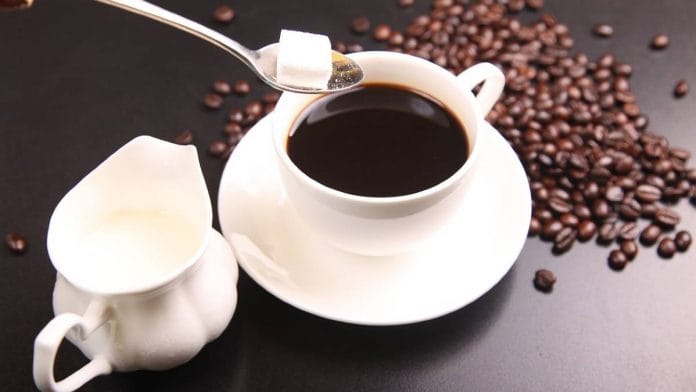New Delhi: India’s food safety regulator, the Food Standards Safety Authority of India (FSSAI) is considering bringing its own guidelines on the use of non-sugar sweeteners (NSS). This comes in the wake of a new guideline by the World Health Organisation (WHO), which recommends against the use of NSS for controlling body weight or reducing the risk of lifestyle diseases.
“A scientific panel has been asked to examine the contents used in NSS brands available and sold in India and gather evidence on their long-term impact on humans — whether they cause the benefactor (any) harm,” a senior FSSAI official told ThePrint.
The official added: “Based on the findings of this exercise, we may issue our own guidelines for NSS in India”.
ThePrint reached FSSAI chief executive Kamal Vardhan Rao over phone for comments, but the call went unanswered. This copy will be updated when he responds.
Health experts ThePrint spoke to also said that countries like India need to develop their own policies on NSS because of their widespread use and the emerging evidence that they are not as good as projected.
In its 15 May guideline, the WHO mentioned acesulfame K, aspartame, advantame, cyclamate, neotame, saccharine, sucralose, stevia and stevia derivatives as the common NSS.
“The WHO guideline is general, and focused on weight loss and some, not all, adverse effects of artificial sweeteners,” said Dr. Anoop Misra, chairman of Delhi’s Fortis-C-DOC Centre of Excellence for diabetes, metabolic diseases and endocrinology.
He added: “Each country should evolve its own guideline, it suggests. It is important (for India) as from colas to locally made laddoos and other sweets, NSS are being used in India.”
It is likely that the use of some of these are responsible for the increasing occurrence of heart disease and cancers in India, Misra pointed out, adding that a policy and regulation on these sweeteners is immediately needed in the country.
Meanwhile, Dr Dilip Gude, senior consultant physician at Hyderabad’s Yashoda hospitals pointed out that NSS have no nutritional value and do not have any essential dietary ingredients in them.
“For long-term fat loss, naturally occurring sweeteners such as (those in) fruits are recommended instead of the NSS… Instead of adding them [NSS], an overall reduction of sweetness of diet is encouraged as that helps develop a sugar-free lifestyle and diet,” he told ThePrint.
Also read: OTT platforms to carry anti-tobacco disclaimers soon as health ministry set to notify new rules
Why India sees ‘high consumption’ of NSS
The WHO guideline is based on the findings of a systematic review of available evidence on NSS.
According to the guidelines, NSS do not have any long-term benefit in reducing body fat in adults or children. The guidelines add that the results of the review also suggest that there may be potential undesirable effects from long-term use of NSS, such as an increased risk of type 2 diabetes, cardiovascular diseases, and mortality in adults.
According to health experts ThePrint spoke to, India sees a high consumption of NSS, because of the popularity of diet beverages and the belief that they are safer or better than those added with sugar.
“Sugar-free sweets and ice cream are also widely available. It is important that this guideline reaches the Indian public,” said Dr Gude.
He added: “With India being the world capital of diabetes, this unhealthy dependence on NSS must stop as it only adds to the diabetic patient population. We should strive for reducing the overall sweetness of one’s diet and that is the message to be driven into the Indian public.”
(Edited by Smriti Sinha)
Also read: Govt likely to hike CGHS rates in July, cancer & bypass surgery packages among 1,800 up for revision






